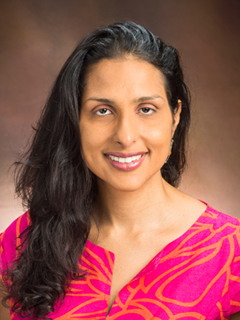HOW CAN WE HELP YOU? Call 1-800-TRY-CHOP
Pediatric Neurodegenerative Biorepository
This study is now recruiting.
The purpose of this study is to create a biorepository, which is a collection of biological samples and the data associated with them, to support our ongoing and future studies on ultra-rare pediatric neurodegenerative disorders. These include disorders associated with mitochondrial and autophagic dysfunction such as TBCK, congenital disorders of autophagy, mitochondrial disorders, and cases of neurodegeneration without known genetic diagnoses. Ultra-rare disorders affect 1 in every 50,000 kids.
Using the biological samples we collect, we intend to derive cellular disease models to study these disorders at a molecular level and screen for therapeutic targets. We also intend to look for biomarkers that may inform outcome measures in future interventions and clinical trials. By looking at the cells in these biological samples, we hope to understand how they work, what is wrong with them, and how we could fix them. The overarching aim is to yield generalizable knowledge about these disorders and translate it into better diagnostic awareness and clinical care.
Who Do I Contact?
If you are interested in participating in the study or want to learn more please contact our study team at tbckresearch [at] chop.edu or 267-426-2030.
Eligibility & Criteria
Visit Criteria
- No dedicated research visits will be required.
- Data will be collected through an online REDCap survey and by looking at medical records.
- Biological samples will be collected at CHOP or shipped to us, always aiming to minimize total number of procedures. We will ask for as few biological samples as possible, and do our best to coordinate with procedures done for regular clinical care, such as blood draws.
- Biological samples of interest are blood, urine, cheek swabs, and a very small piece of skin called a skin biopsy. We are also interested in leftover muscle and nerve biopsies obtained previously for clinical purposes.
